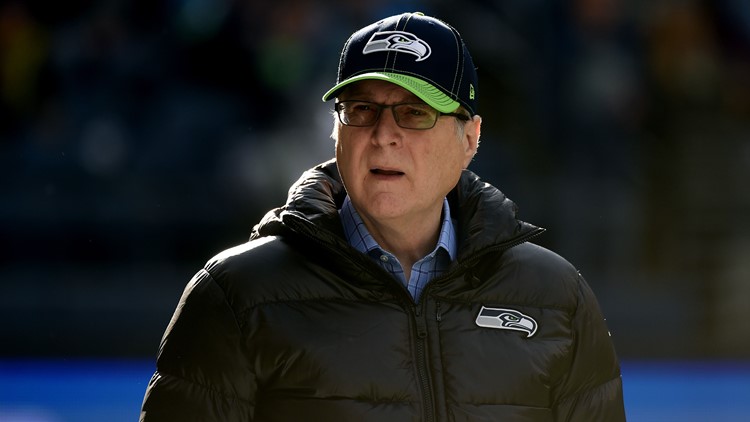From technology to science research to philanthropy, it’s hard to find an industry Paul Allen has not had an impact on in Washington state.
Allen died Monday after complications from non-Hodgkin’s lymphoma. He was 65.
Here’s a rundown of what Allen accomplished when.
1975 – Allen began working with his best friend Bill Gates on developing personal computer language for a company that would become Microsoft.
1980 – Microsoft got its big break when IBM Corp. decided to move into personal computers and asked Microsoft to provide the operating system.
1983 – Allen resigns as Microsoft’s executive vice president of research and new product development after he’s diagnosed with cancer.
1986 – Allen founds Vulcan, the investment first that oversees his business and philanthropic efforts, with his sister Jody Allen.
1988 – Allen buys the Portland Trailblazers professional basketball team.
1991 – Microsoft’s operating systems are used by 93 percent of the world’s personal computers.
1997 – Allen buys the Seattle Seahawks, saving the team from being relocated.
2000 – Allen founds the Experience Music Project in Seattle, now the Museum of Pop Culture or MoPOP.
2003 – The Allen Institute for Brain Science is launched with $100 million in seed money from Allen to complete the Allen Mouse Brain Atlas, a genome-wide gene expression of a lab mouse brain.
2009 – Allen is first treated for non-Hodgkin’s lymphoma, a cancer of the white blood cells.
Allen becomes a minority owner of the Seattle Sounders FC when the MLS expanded to Seattle.
2010 – Allen publicly pledges to give away the majority of his fortune, saying he believed "those fortunate to achieve great wealth should put it to work for the good of humanity."
2014 – The Allen Institute for Cell Science is launched to create multi-scale models of human cells.
Allen also pledged $100 million to fight the Ebola crisis.
2016 – Allen launches his Frontiers Group as part of the Allen Institute to identify and fund pioneering bioscience.
2018 – Allen announces his non-Hodgkin's lymphoma is back and he plans to fight it aggressively.



